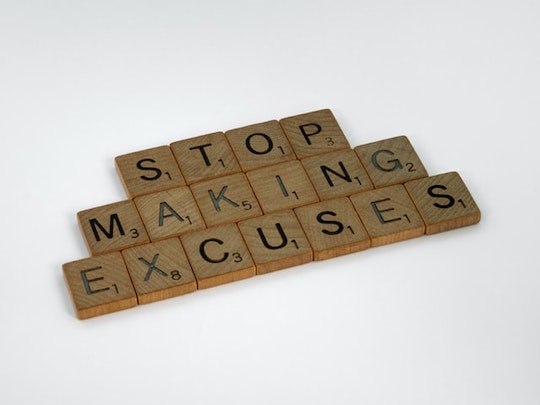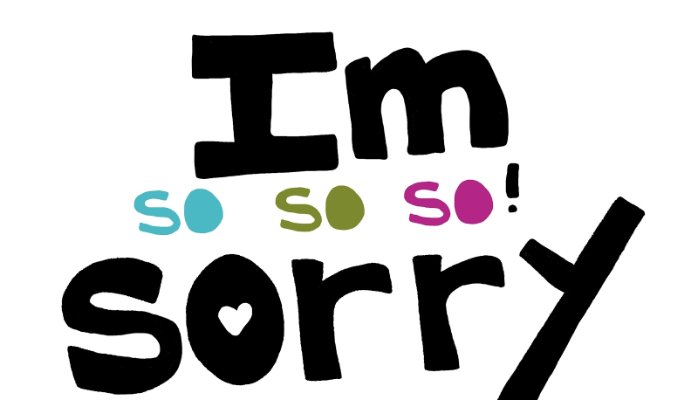“When you meet someone who doesn’t make excuses, who doesn’t complain, who just rolls up their sleeves and grits their teeth, the difference is night and day.”
—Dan Cullem, Product Manager at Facebook
The person described in today’s quote owns their circumstances, no matter how tough the game gets.
They don’t sit back and hope for change, they make it happen. That grit, that relentless drive, separates the dreamers from the doers.
If you want to win in life, start by dropping the excuses and embrace life’s rough edges to smooth your path in the coming days.
EXERCISE:
Where in your life would not making excuses or complaining make the biggest difference?
What gritty roll-up-your sleeves efforts will you take today to rise above your current challenges?




